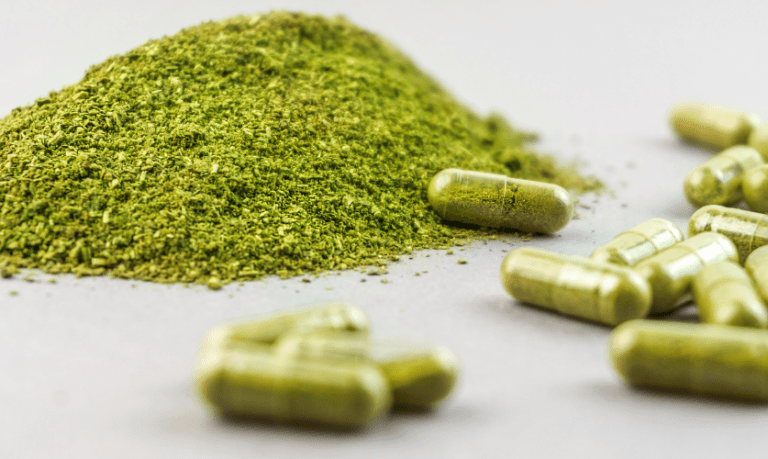Self-Care in Recovery
Self-care is an essential part of the recovery process. Long-term, lasting recovery, requires dedication to remain sober and use preventative measures to avoid relapse. Don’t let others convince you that self-care is selfish. The expression that you have to “put the safety mask on yourself first” is true and accurate. You can only do so much for others when you are not doing a good job taking care of yourself. Learning new techniques for self-care in sober life will help you learn to not only survive but thrive in sober living. If you have questions about self-care in recovery, reach out to the professionals at Oasis Recovery to learn more.
Self-Care in Recovery
Self-care covers a wide range of aspects of daily life, from taking care of personal hygiene and physical health to activities that promote improved mental health and spiritual well-being. Good self-care allows for the possibility to become the best version of yourself.
Substance abuse and addiction ravage both the mind and the body. In recovery, it’s important to take care of your physical health, mental health, and emotional health.
Methods that can help those in recovery improve their self-care routines can include:
- Journaling
- Meditation
- Yoga
- Listen to positive and educational podcasts or audiobooks
- Gardening
- Developing hobbies
- Reading physical books
- Learning about new topics
- Learn to play an instrument
- Learn a visual artform
Learning to replace negative thoughts and problematic behaviors with positive and beneficial ways of moving through the world helps those in recovery stay sober.
In sobriety, it’s important to form healthy connections and relationships with others. It’s up to you if you want to repair damaged relationships. What is most important for you is to figure out ways of moving through the world that allow you to live a life of lasting sobriety.
This could involve social activities such as:
- Scheduled calls with friends and family
- Making time to spend time with friends in person
- Going on dates with your significant other
- Taking time to focus on a pet
- Writing personal notes to those who are meaningful to you
Self-care, Mood Regulation, and Recovery
You are probably familiar with the expression “you are what you eat”. There turns out to be some truth to this. Eating a healthy diet rich in nutritious fruits and vegetables (especially leafy greens) can help increase your mood and over mental health and emotional well-being.
Good sleep hygiene is an essential part of mood regulation. A person who is sleep-deprived will have reduced willpower and mindfulness. The ability to resist temptations and cravings is an important part of relapse prevention. Maintaining a sleep schedule and sticking to it can make a huge difference in your ability to get through days without having negative thoughts and temptations.
Movement is essential. People often mistake exercise with going to the gym constantly. You can improve your health with just ten to fifteen minutes of low-impact exercise such as walking or light hiking. You immediately go from zero activity to a one hundred percent increase when you go from no intentional forms of exercise to any amount of exercise. Getting enough exercise will help increase your mood.
Proper hydration, meaning simply drinking a lot more water than you probably think, can help increase your mood and energy levels.
Stress and anxiety can be triggers for negative thoughts and behaviors. Finding ways to lower your stress and anxiety are necessary and worth taking time to reflect on ways you can use stress and anxiety reduction as preventative measures. Enough sleep, integrating exercise into your daily routine, and finding mindfulness activities that work for you, can help lower your anxiety and stress.
Practicing gratitude is receiving more and more attention. One of the benefits of finding reasons to be grateful is that it can give you the opportunity to take stock of the small joys you have in your life. A daily ritual of finding reasons for gratitude can help you stay on a positive path in sober life.
Learning Boundaries
While in the throes of addiction, people often develop negative habits and relationships with others. They may have traded sets of friends and abandoned healthy relationships. In sobriety, it’s important to find like-minded individuals who share your new outlook and can help improve your safety net.
If there are family members or friends who enable poor decision-making and negative behaviors you may have to limit time spent around them or even cut them out of your life. This is a topic that is worth discussing with a mental health counselor.
Setting boundaries is difficult and is a process. Initially, expect to receive some pushback in response to boundary setting. Be firm and say that these are important for your health, well-being, and ability to remain sober and prevent the risk of relapse.
Connecting with an anonymous group like AA or NA or a related 12-step program can help you develop a safety net and develop positive relationships with those who share your values and understand the difficulties of navigating sober life. It’s good to have others you can trust who can help you adjust your self-care plan in recovery if you feel you are struggling.
Self-Care and Relapse Prevention
Self-care is important so that you feel better on a day-to-day basis. Self-care is also invaluable because it can help prevent relapse. Good self-care routines integrate positive thinking and healthy lifestyle choices that will help offset temptations and cravings. A healthy routine can also benefit you when faced with high-risk triggers. Having enough sleep and not being hungry are surprisingly important factors when it comes to reducing the temptation to turn towards negative thought patterns and problematic behaviors.
Know Your Limits
It’s important to recognize the limits of self-care. You can only do so much on your own. You need others to help you on the path to lasting recovery. If you feel your willpower is weakening or you are struggling to make good choices and maintain a healthy and positive lifestyle, it’s a good idea to reach out for professional help. The mental health practitioners at Oasis Recovery are available to help you formulate a treatment plan that suits your individual needs. Reach out to us today to speak with a specialist about how you can improve your self-care routine and find methods to promote lasting sobriety.












